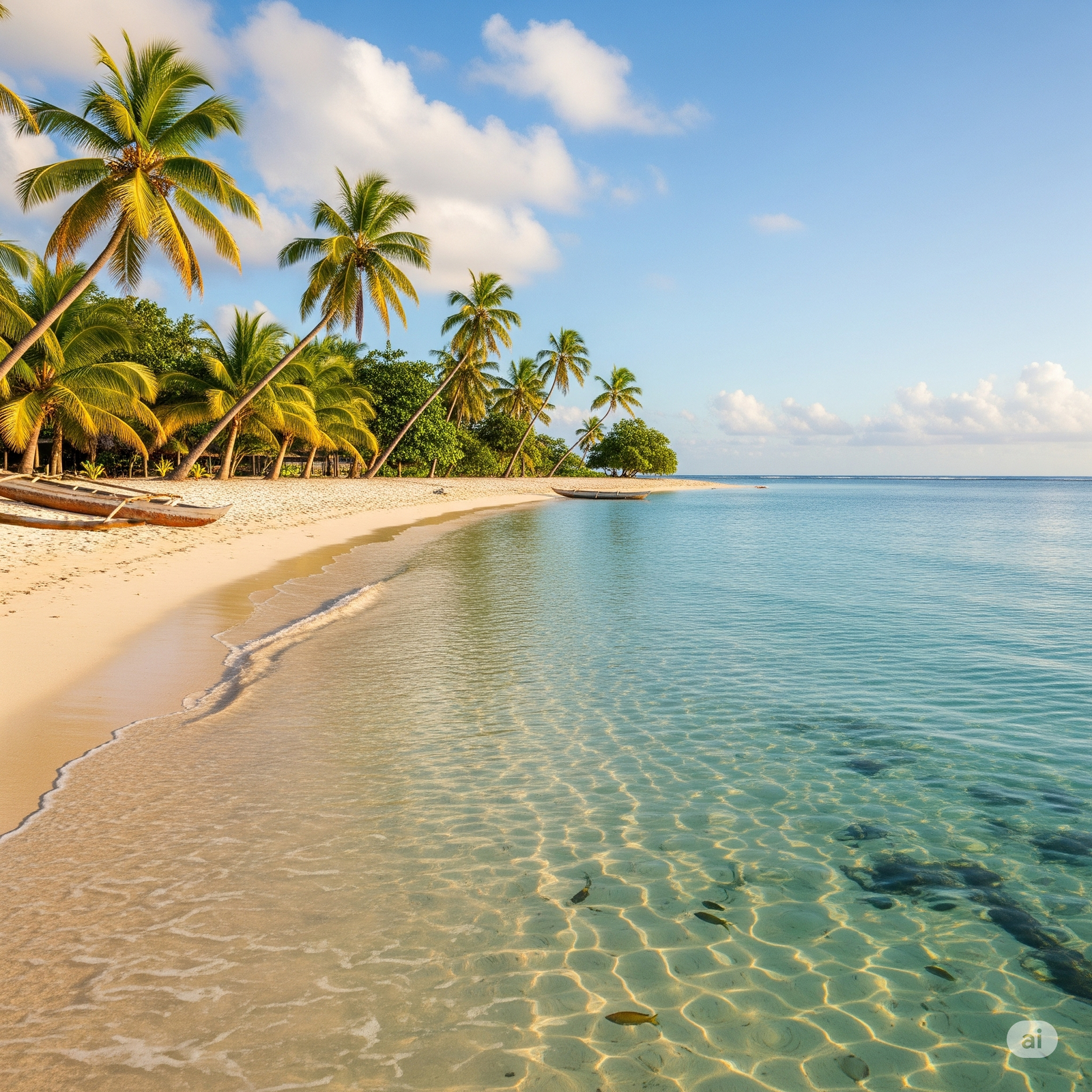Vanuatu, with its pristine beaches, vibrant culture, and active volcanoes, beckons travelers seeking an authentic South Pacific experience. Often lauded for the warmth and friendliness of its people (the Ni-Vanuatu), it generally maintains a reputation as a safe and welcoming destination.
However, like any travel destination, understanding the local context and taking sensible precautions is key to ensuring a smooth and enjoyable trip in 2025. Here’s a comprehensive look at how safe Vanuatu is and essential travel safety tips.
Overall Safety: Generally Low Crime Rates, High Warmth
Compared to many other popular tourist destinations, Vanuatu typically experiences low levels of serious crime, particularly against tourists. Violent crime is rare, and the most common issues visitors might encounter are petty theft or opportunistic crimes, much like anywhere else in the world.
The Ni-Vanuatu people are renowned for their hospitality, gentle nature, and strong community values (kastom). This cultural emphasis on respect and community contributes significantly to the overall sense of safety visitors feel.
Specific Safety Considerations for 2025:
While Vanuatu is generally safe, here are areas where vigilance and preparation are advised:
1. Natural Disasters (Cyclones & Seismic Activity): Vanuatu lies in the “Ring of Fire” and is within the South Pacific cyclone belt.
- What to expect: During the wet season (roughly November to April), there is an increased risk of tropical cyclones, which can bring strong winds, heavy rainfall, flooding, and disrupt travel plans. Earthquakes are relatively common, and there are active volcanoes (e.g., Mount Yasur on Tanna, Ambrym).
- Safety Tip for 2025: Stay informed! Monitor local weather forecasts and official advisories (e.g., Vanuatu Meteorology and Geo-Hazards Department – VMGD). Be aware of cyclone preparedness plans at your accommodation. Follow local guidance if seismic activity or volcanic alerts are issued. Consider travel insurance that covers natural disaster disruptions.
2. Petty Crime & Opportunistic Theft:
- What to expect: While rare, instances of bag snatching, pickpocketing, or break-ins (especially in less secure accommodations or unattended vehicles) can occur, particularly in busier urban areas like Port Vila and Luganville.
- Safety Tip for 2025: Practice common-sense precautions. Don’t flash large amounts of cash or expensive electronics. Use hotel safes for valuables. Be aware of your surroundings, especially at night. Lock doors and windows.
3. Road Safety & Transportation:
- What to expect: Roads outside main towns can be unpaved, uneven, and poorly lit. Driving standards can vary, and pedestrian walkways are not always present. Public transport (buses, taxis) might not have seatbelts or strict safety regulations.
- Safety Tip for 2025: If driving, rent a 4×4, drive defensively, and avoid driving at night, especially in rural areas. When using taxis or minibusses, use reputable services and confirm fares beforehand.
4. Water Safety:
- What to expect: Beautiful as they are, ocean currents can be strong. Not all beaches are patrolled. Some swimming spots (like blue holes) can be deep.
- Safety Tip for 2025: Always check local conditions before swimming, snorkeling, or diving. Be aware of currents and tides. Never dive alone. If embarking on boat trips, ensure the vessel is seaworthy and life jackets are provided.
5. Health & Medical Facilities:
- What to expect: Medical facilities, especially outside Port Vila and Luganville, are basic. Serious medical conditions may require evacuation to Australia or New Zealand. Dengue fever and other mosquito-borne illnesses are present.
- Safety Tip for 2025: Comprehensive travel insurance with medical evacuation coverage is absolutely essential. Consult your doctor about recommended vaccinations. Use mosquito repellent, especially at dawn and dusk. Drink bottled or purified water.
6. Cultural Sensitivity (“Kastom”):
- What to expect: Vanuatu has diverse and strong traditional customs. What might be acceptable in Western cultures may not be in a Ni-Vanuatu village.
- Safety Tip for 2025: Dress modestly, particularly when visiting villages (shoulders and knees covered). Always ask permission before taking photos of people. Respect local customs and traditions, especially when visiting custom villages or participating in ceremonies. Your guide will be invaluable here.
7. Kava Consumption:
- What to expect: Kava is a traditional ceremonial drink, non-alcoholic but with sedative effects. It’s an integral part of Ni-Vanuatu culture.
- Safety Tip for 2025: If you choose to try kava, do so responsibly. Effects can be strong. Avoid driving after consuming kava. Purchase from reputable nakamals (kava bars).
Key Takeaways for a Safe Trip:
- Research & Plan: Understand the specific risks of the islands you plan to visit.
- Travel Insurance: Non-negotiable for medical emergencies and travel disruptions.
- Be Aware & Prepared: Stay informed about local conditions and have contingency plans.
- Respect Local Culture: Your politeness and respect will be reciprocated.
- Trust Your Instincts: If a situation feels uncomfortable, remove yourself from it.
Vanuatu offers an incredibly enriching and generally safe travel experience. By being a prepared, informed, and respectful traveler, you can fully immerse yourself in the magic of these islands and create memories that will last a lifetime. Enjoy your adventure in 2025!


Leave a Reply